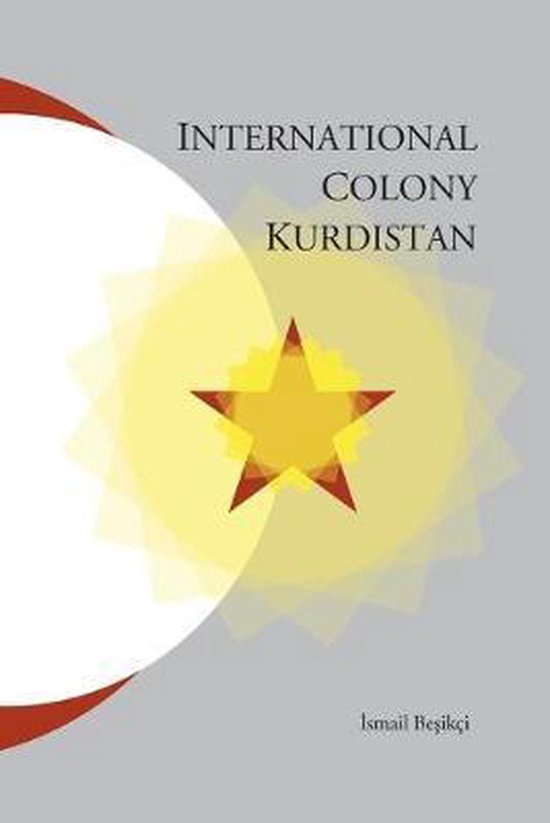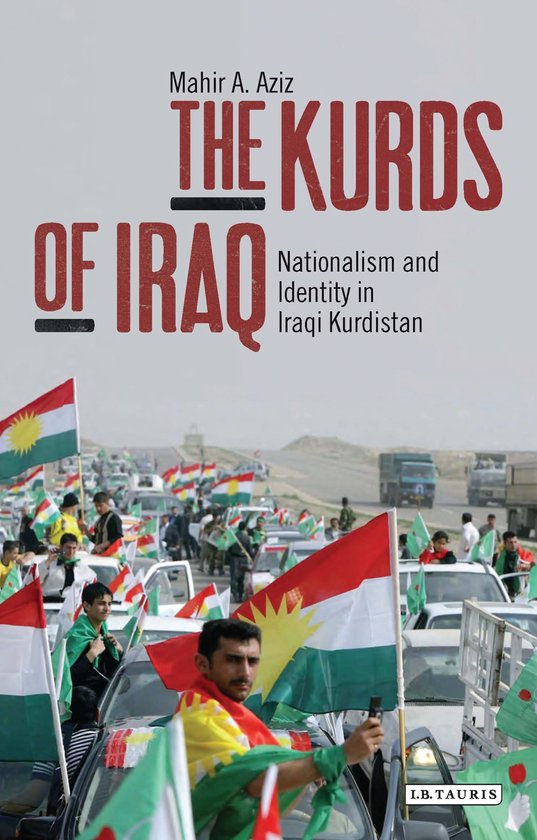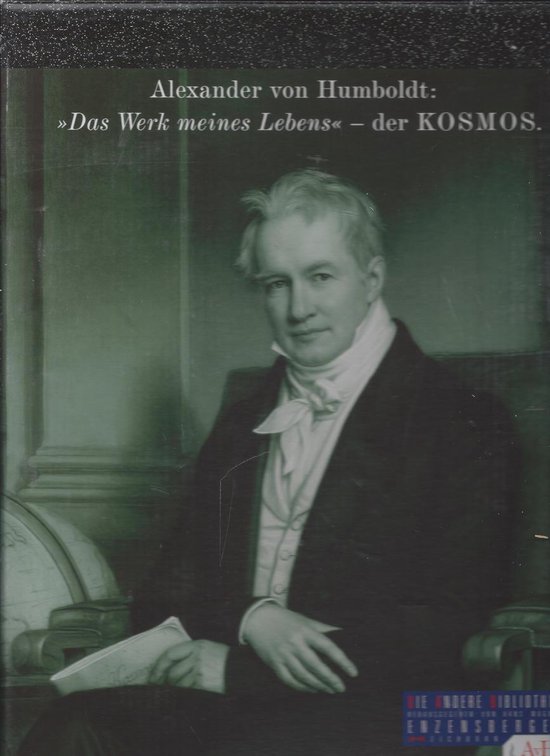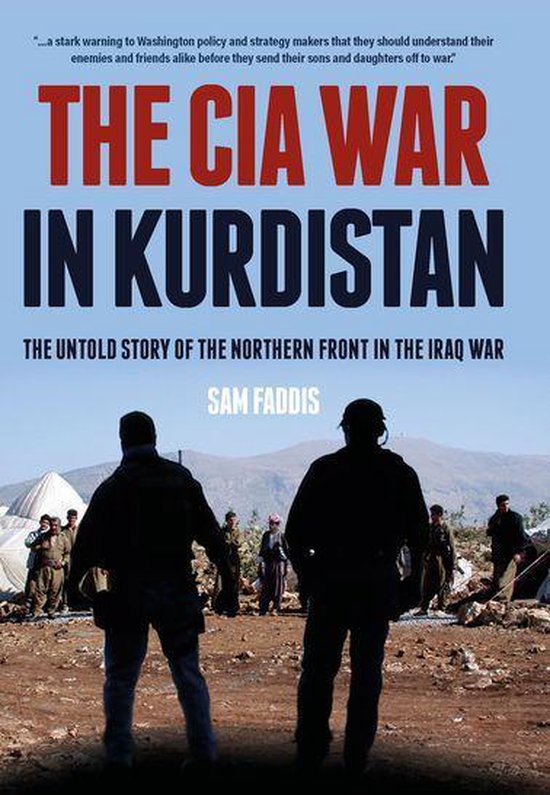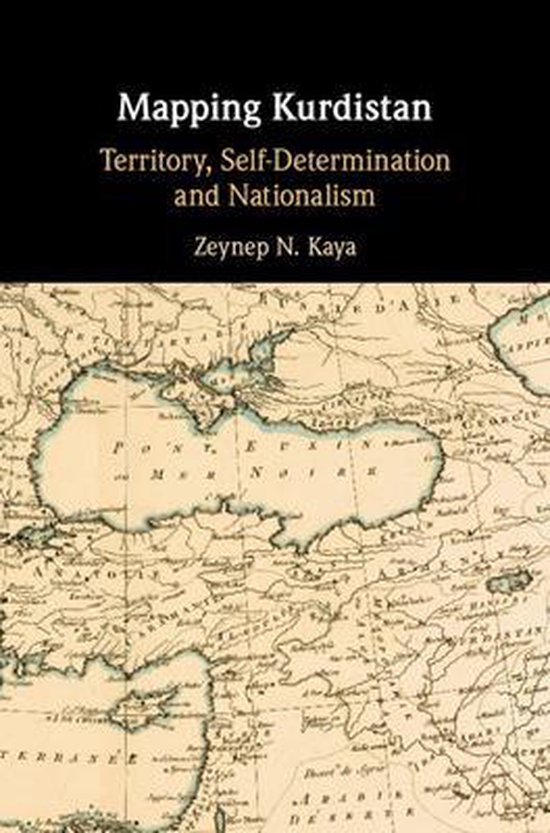
Mapping Kurdistan
Since the early twentieth-century, Kurds have challenged the borders and national identities of the states they inhabit. Nowhere is this more evident than in their promotion of the 'Map of Greater Kurdistan', an ideal of a unified Kurdish homeland in an ethnically and geographically complex region. This powerful image is embedded in the consciousness of the Kurdish people, both within the region and, perhaps even more strongly, in the diaspora. Addressing the lack of rigorous research and analysis of Kurdish politics from an international perspective, Zeynep Kaya focuses on self-determination, territorial identity and international norms to suggest how these imaginations of homelands have been socially, politically and historically constructed (much like the state territories the Kurds inhabit), as opposed to their perception of being natural, perennial or intrinsic. Adopting a non-political approach to notions of nationhood and territoriality, Mapping Kurdistan is a systematic examination of the international processes that have enabled a wide range of actors to imagine and create the cartographic image of greater Kurdistan that is in use today.
| Auteur | | Zeynep N. Kaya |
| Taal | | Engels |
| Type | | Hardcover |
| Categorie | | Mens & Maatschappij |
